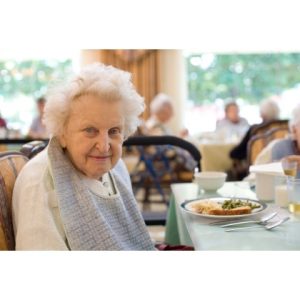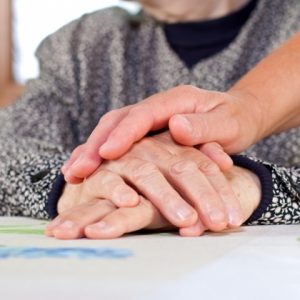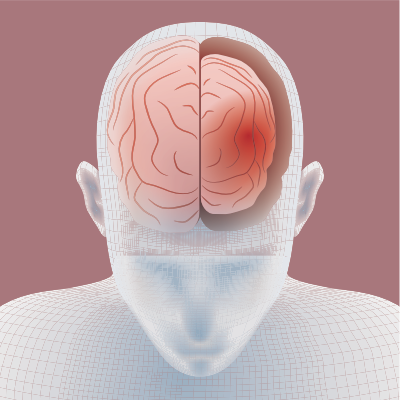Are we Confusing Life Enrichment with Activities in Dementia Care?
What exactly is the meaning of Life Enrichment?
Posts by:

What exactly is the meaning of Life Enrichment?

Although persons living dementia may have challenges with eating, such as chewing, ability to taste or smell food, or remembering how to eat, the dining experience can have a tremendous effect on their socialization, how much they eat and if the time they spend eating is enjoyable or frustrating. Improving the dining experience is certainly possible, whether in a community-based setting, a hospital in the home or even in a restaurant.

Stress is simply a part of life. Think about each and every stressor that affects our lives almost daily. Here are just a few to think about: traffic, annoying telemarketing calls (what telemarketing calls aren't annoying?), junk mail, the news, job demands, airline delays (let's just airports in general), and the list goes on. Life is complicated, stressful and caregiving is even more so on just about every level. So instead of talking about eliminating stressors, let's talk about how caregivers can put coping skills into practice so that falling into the traps of anxiety, depression and more is eliminated or decreased as much as possible.

Every fall, teachers ask, “what did you do on your summer vacation?” Summer vacations are a rich tradition for many people. But as our loved one ages, memories of family trips — and the hopes of them continuing — seem to fade. As July turns the page into August, summer’s end appears too soon on the horizon, especially if what used to be your favorite family vacation is no longer do-able. Or is it? How do you vacation with — or do you need a respite from — your loved one with dementia?

As a long time family caregiver and professional in this field, I can tell you that the myriad of emotions that caregivers face on a daily basis is complex and ever-changing. That said, grief, guilt, and anxiety are certainly at the top of the list. How can we, as professionals in this field, better understand family needs and partner alongside them on this difficult journey?

Caring for people with dementia requires specialized communication skills training. Unfortunately, healthcare professionals and family caregivers often receive little training to enable them to meet the communicative needs of people with dementia.

Although Frontotemporal Dementia (FTD) is largely misunderstood, it is the most common form of dementia for people under age 60.